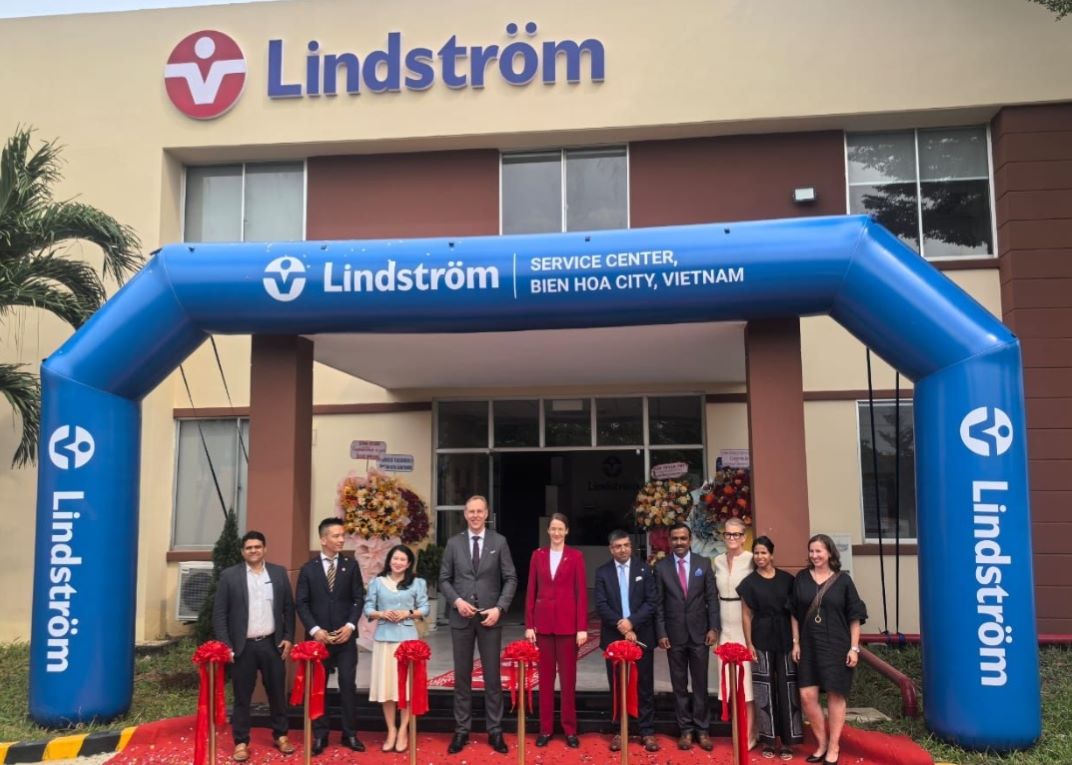
Image credit: shutterstock
Asia's rapid ageing is driving efforts to slow this process, with Singapore at the forefront. In September 2023, a groundbreaking Healthy Longevity Clinic was unveiled at Alexandra Hospital, aimed at delaying biological ageing and enhancing health span. This clinic uses Singapore-specific ageing biomarkers, incorporating research from the NUHS Centre for Healthy Longevity (CHL) to advance precision medicine and geroscience. The CHL, established in September 2022, is a pioneering pre-clinical and clinical ageing research institute, focusing on longevity medicine and biological age. This initiative aligns with Singapore's broader approach to elderly care outlined in the 2023 Action Plan for Successful Ageing, promoting care, contribution, and connectedness for seniors.
In July 2023, Singapore's Duke-NUS also launched a nationwide study focused on shedding light on the well-being of older individuals and the impact of policies. This comprehensive study is designed to gain a deep understanding of the health, social, and psychological well-being of older citizens. Its ultimate goal is to provide valuable insights that can inform the development of effective policies and programmes to support Singapore's ageing population.
“Singapore has one of the highest life expectancy worldwide and a low fertility rate. With a long period of time living with age-related diseases, investment in optimising health is crucial economically, socially and on an individual level. The world's first Healthy Longevity Medicine Clinic has been established at a publicly funded hospital to optimise health, bringing diagnostics measuring biological age together and interventions lowering biological age. The clinic is enabled by the latest research of the NUHS CHL to close the loop in the latest developments and clinical implementation,” said Prof. Andrea Maier, Director, Centre for Healthy Longevity (CHL), National University Health System and Co-founder of Chi Longevity.
In March 2023, the Chi Longevity Centre became Singapore's inaugural private clinic exclusively committed to reversing biological ageing, concentrating on enhancing vitality, increasing life expectancy, and minimising age-related ailments. By July 2023, Chi Longevity had established a strategic partnership with Deep Longevity, a specialist in AI-powered ageing clocks, utilising 45 standard biomarkers to assess clients' biological age. This data empowers Chi Longevity to design precise interventions for promoting healthier ageing and extending lifespan.
China is also actively addressing the challenges posed by an ageing population.The Chinese Longitudinal Healthy Longevity Study has been conducting surveys since 1998 and entered its 9th wave of data collection in 2021. This extensive research aims to identify the multifaceted factors influencing healthy longevity and family well-being, spanning social, behavioural, environmental, and biomedical domains. The study provides valuable data for academic research and informs policies related to health and healthy ageing. Meanwhile, in neighbouring Hong Kong, a new initiative is gaining momentum. The Rise Longevity Club, a dynamic and innovative platform, is dedicated to fostering longevity entrepreneurship, research, and education throughout Asia.
Australia is also at the forefront of addressing the challenges of an ageing population and is taking significant strides in this direction. In March 2022, a new academic centre, the National Centre for Healthy Ageing, was inaugurated at Frankston Hospital. This centre, in partnership with Peninsula Health and Monash University, is dedicated to advancing health service development, research, and evaluation for older individuals, as well as those dealing with addiction and mental health issues. A primary focus will be on exploring innovative applications of technology and data to assist seniors in maintaining their independence. In October 2022, the Australian government invested $25 million in dementia and ageing research through the Medical Research Future Fund, funding 18 research projects.
The Science of Ageing
Ageing, once considered an inevitable part of life, is now being researched with the aim of unravelling its mysteries and, perhaps, finding treatments that could mitigate its effects. Ageing especially has been a pet peeve of tech billionaires who are investing billions in a quest to understand ageing and uncover ways to potentially slow it down.
One remarkable development has been Pfizer's unexpected foray into anti-ageing research. In January 2023, the American pharmaceutical giant entered this field through a collaboration with Gero, a Singapore-based biotech company specialising in human longevity. Gero's machine learning platform possesses the unique capability to identify potential therapeutic targets for fibrotic diseases by analysing extensive human-based datasets. These discoveries could potentially reshape the landscape of anti-aging research.
“The drug discovery models based on principles adopted from the physics of complex and dynamic systems reveal the irreversible nature of human ageing while highlighting the reversible aspects of diseases, distinguishing between the two phenomena. It also reveals causal relationships between microscopic molecular- and organism-level features associated with diseases to enable rapid target and drug discovery, directly in human data. Our research sparked vigorous discussion among longevity experts in the scientific community when a story asserting that ‘Humans Can Stop But Not Fully Reverse Ageing’ was published in Popular Mechanics,” said Maxim Kholin, Founder, Gero.
Another notable player in the field is Insilico Medicine, a China-based clinical-stage generative artificial intelligence (AI)-driven drug discovery company. In June 2023, they introduced the ‘Precious1GPT’ a multimodal ageing clock designed to process diverse datasets and unlock insights into ageing-related biomarkers. This novel technology maps these biomarkers to genes associated with both ageing and disease, with the ultimate goal of discovering new therapeutic targets to slow or even reverse the ageing process. As part of their journey in the realm of anti-aging research, Insilico Medicine's AI-powered PandaOmics software made groundbreaking predictions. In a 2022 research publication, PandaOmics demonstrated its ability to foresee molecular targets for drugs designed to address ageing and age-associated diseases, including Alzheimer's, Parkinson's, cirrhosis, and rheumatoid arthritis.
Meanwhile, Longeveron Inc., a clinical-stage biotechnology company, initiated a phase 2 clinical trial in Japan in April 2023. This trial aims to evaluate the safety and efficacy of Lomecel-B in patients with ageing-related frailty, marking a significant step in regenerative medicine research.
In addition, scientists at Nanyang Technological University, Singapore, made a remarkable discovery in ageing research in 2022. Their experiments, conducted on a roundworm species that shares similarities with humans, unveiled the importance of a stress response in the ageing process. When this stress response was activated in aged worms through a high-glucose diet, their lifespan was remarkably extended compared to those on a regular diet. These groundbreaking findings open doors to the development of therapies that could potentially delay the onset of age-related disorders, including but not limited to cancer, dementia, and stroke.
Maxim expressed his optimism about the future of revolutionary therapies, stating, “I hope companies like ours will enter clinical trials soon and regulators will provide the early access of the patients to revolutionary therapies. I also hope that the ageing population and high life expectancy in many Asian countries will be seen by the governments as a signal for the urgent and effective support to the companies developing therapies to slow down ageing.”
With each discovery and breakthrough, the scientific community inches closer to understanding the complexities of ageing and potentially rewriting the story of how we look at growing old.
Ayesha Siddiqui




